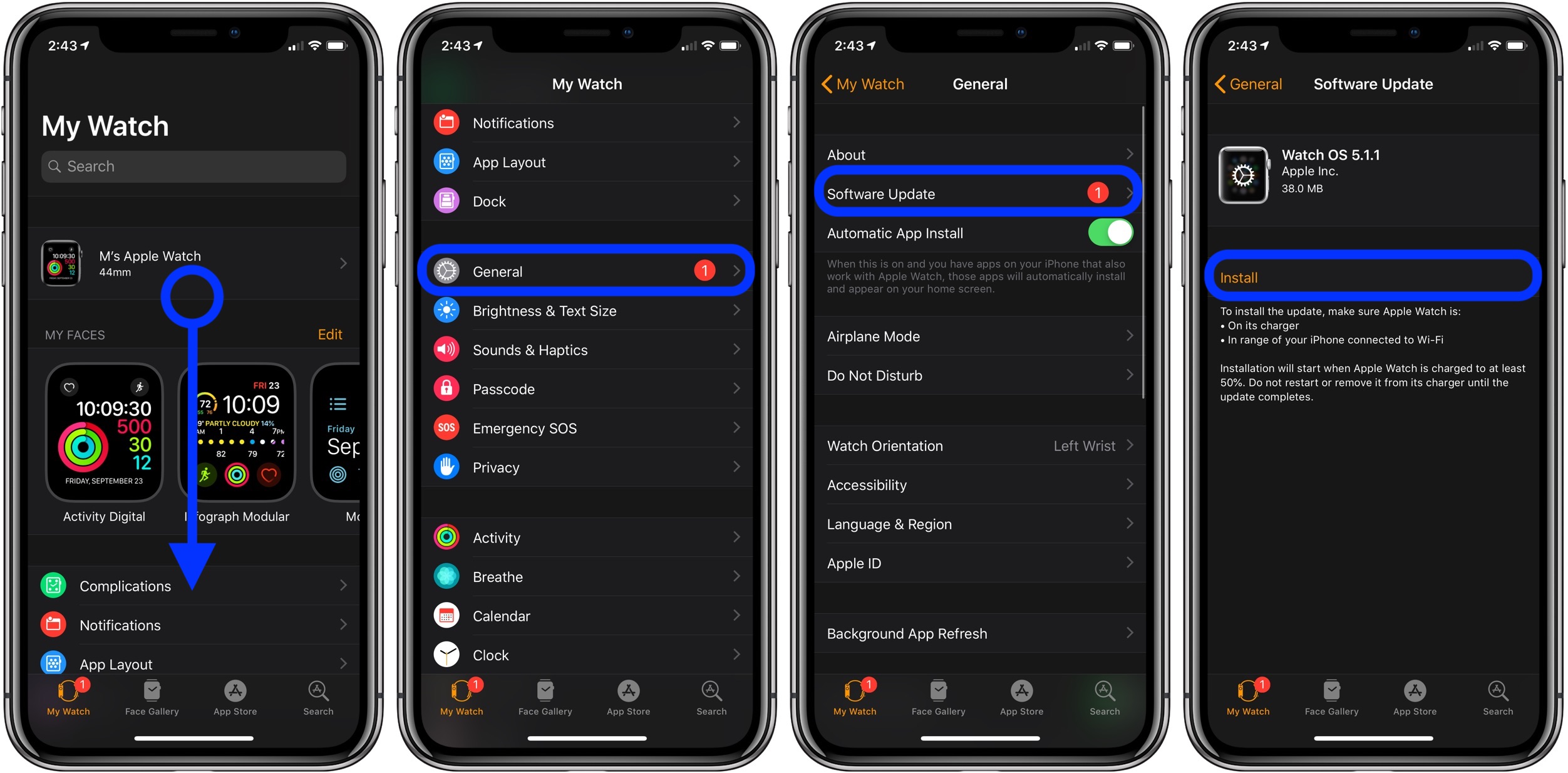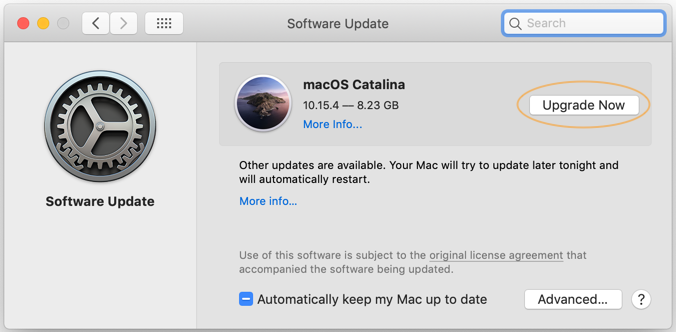

Starting with Mojave Apple did not allow older Macs to upgrade to newer macOS versions. This is because as hardware ages, it cannot dully support newer programs that might be too advanced for its capability. In other words, Apple stopped supporting all its macOS and iOS devices with continuous software and operating system updates due to hardware limitations. Until then, macOS and iOS devices are considered “unsupported” by Apple due to forced obsolescence of hardware. Most Apple devices have an average 5-year support lifespan, which means that they will receive software updates, including bug fixes, patches, and security updates over those years.

In this article, we will determine if your old Mac can still be updated to newer versions of macOS. And if so, we can recommend the best course of action.If you buy through affiliate links, we may earn a commission at no extra cost to you.

If you want a few more compatibility features with your iOS devices, such as an iPhone or iPad, then it may be worth upgrading to MacOS Mojave.

It’s the sixteenth version of Apple MacOS! (can you believe it?) And with all operating system upgrades, we are cautious about moving to a new OS so soon.


 0 kommentar(er)
0 kommentar(er)
